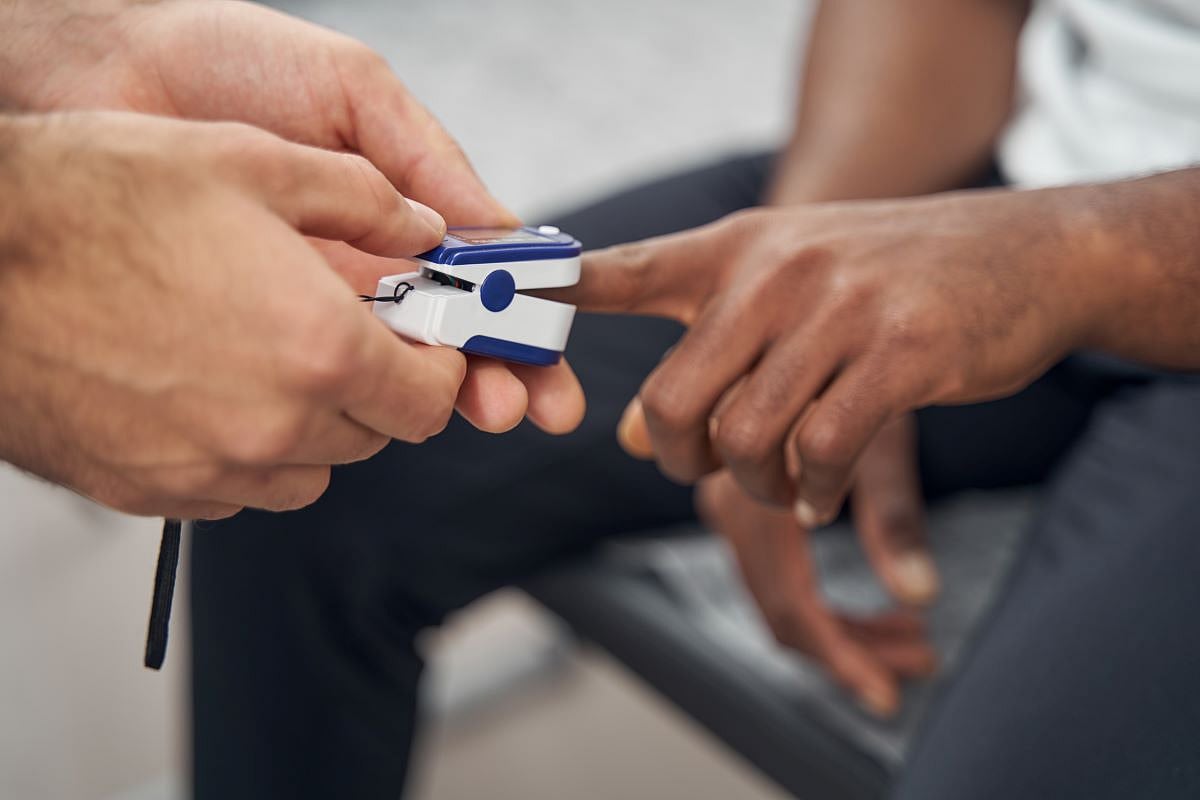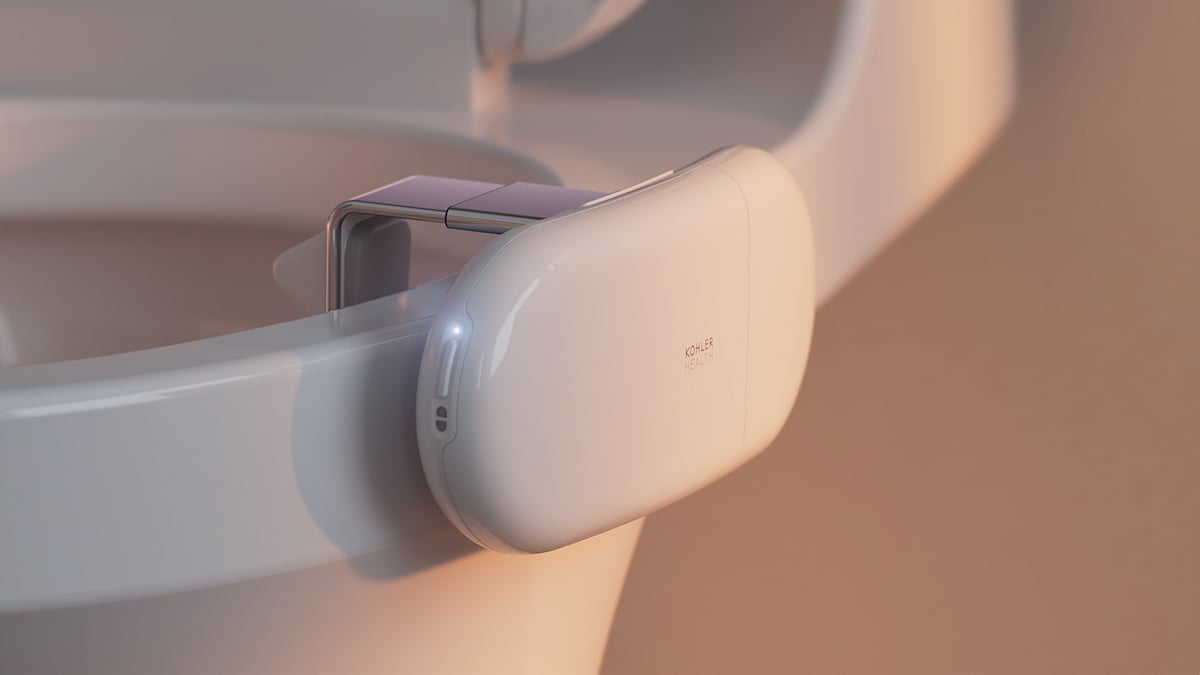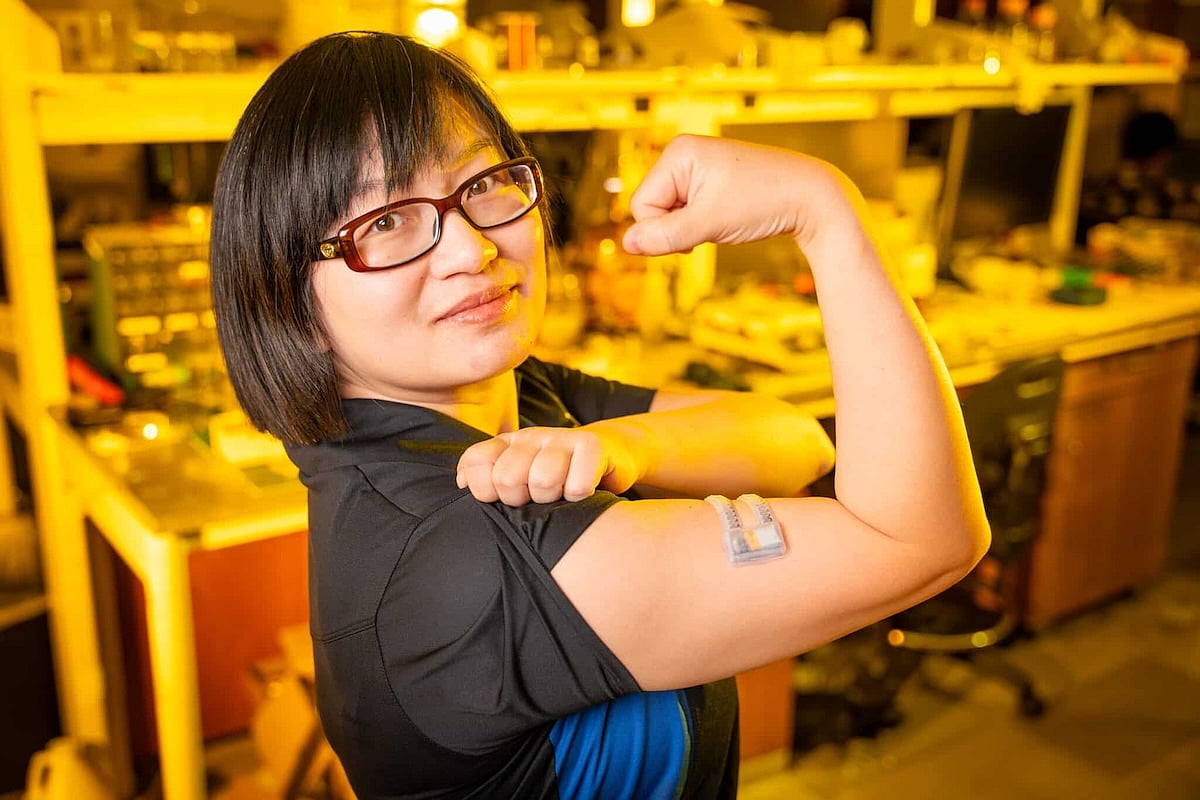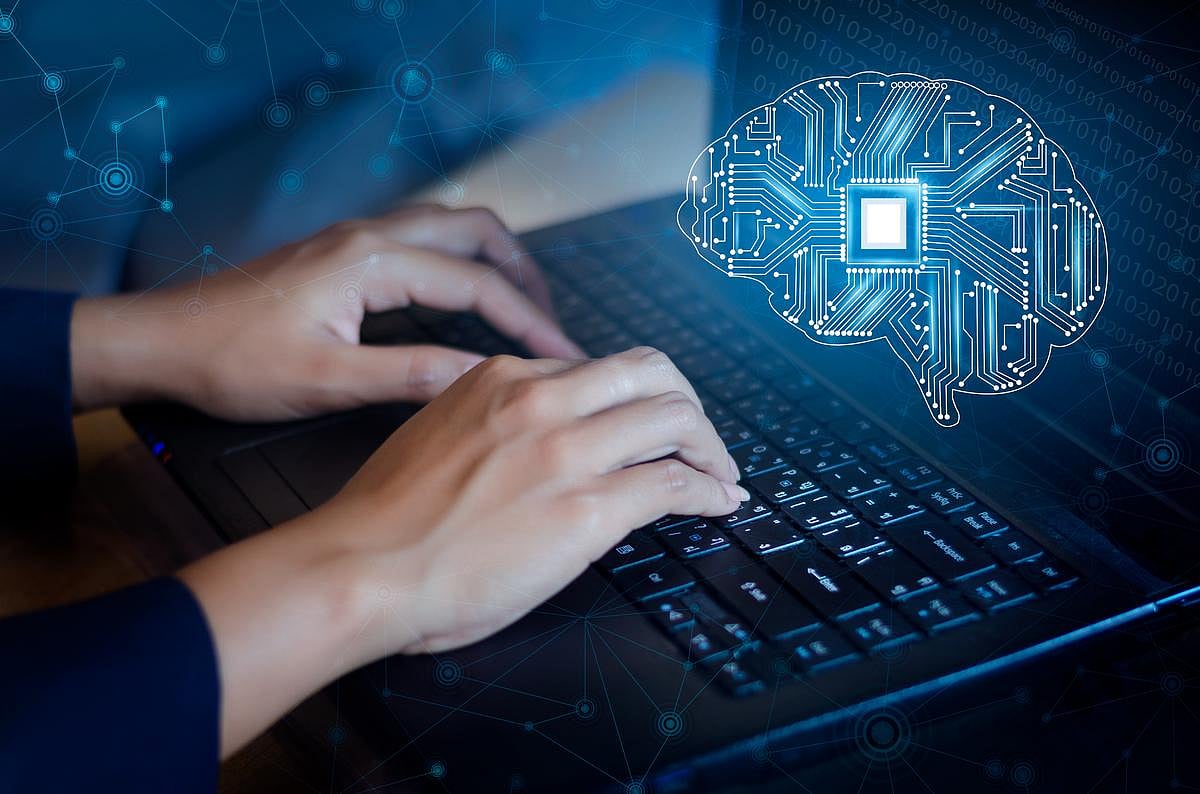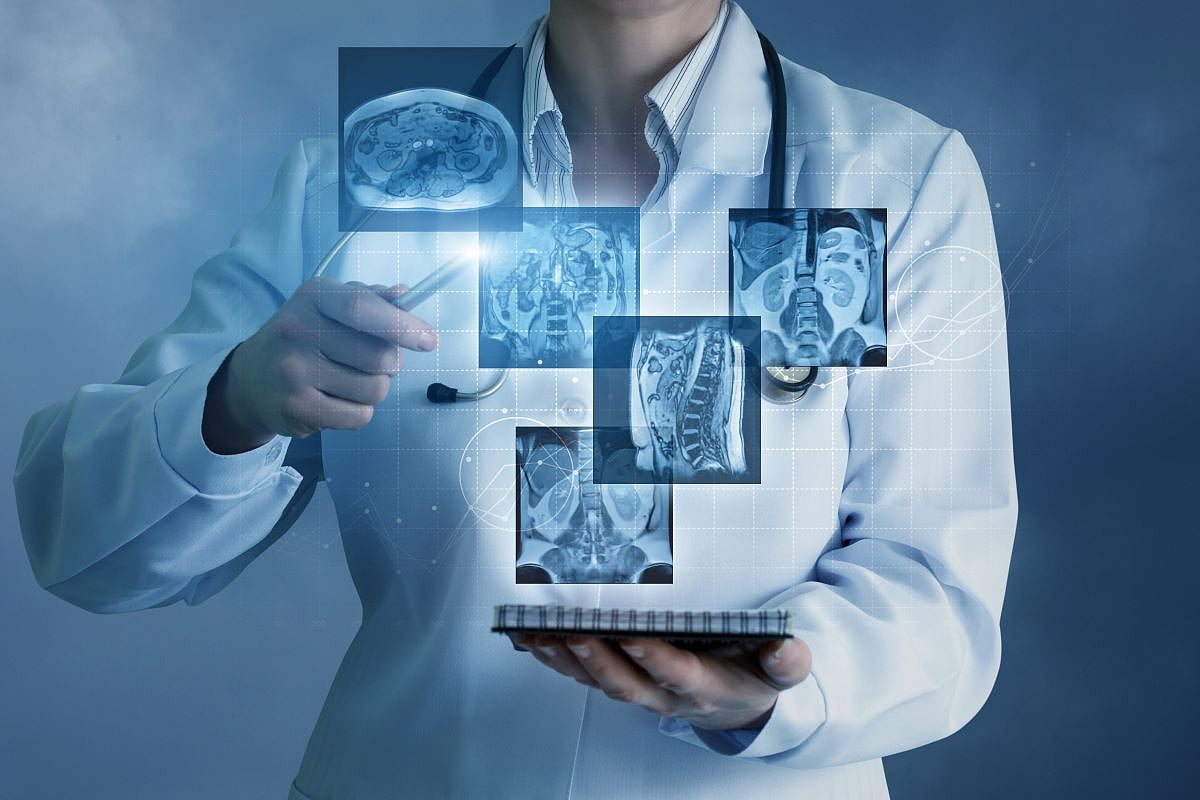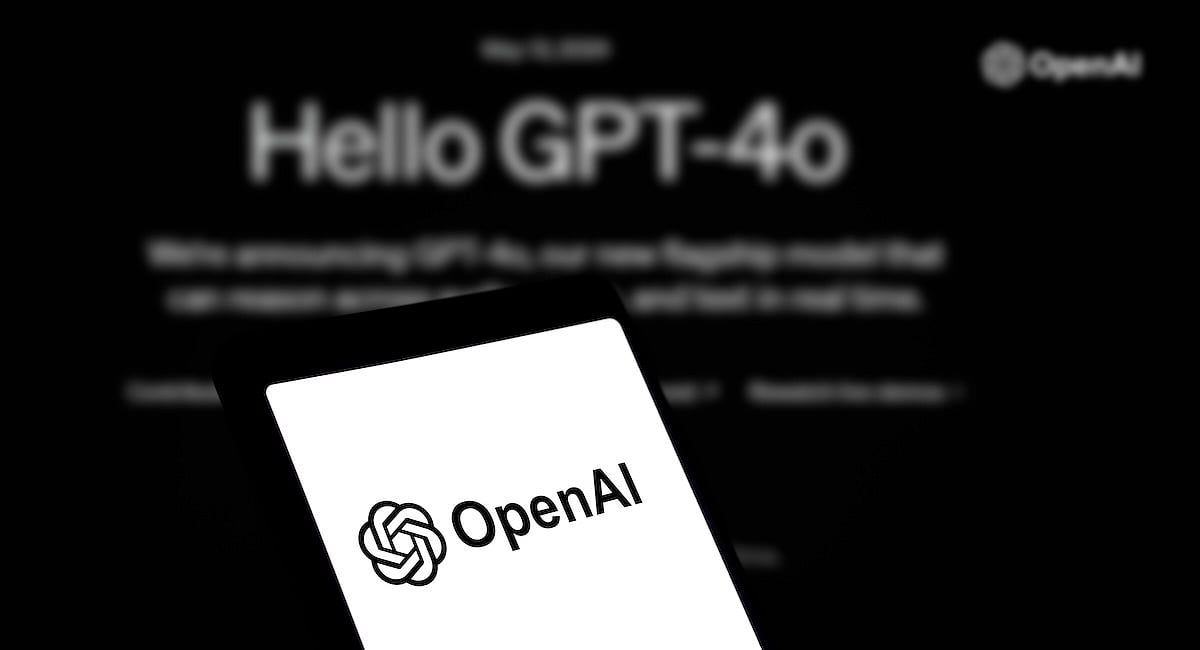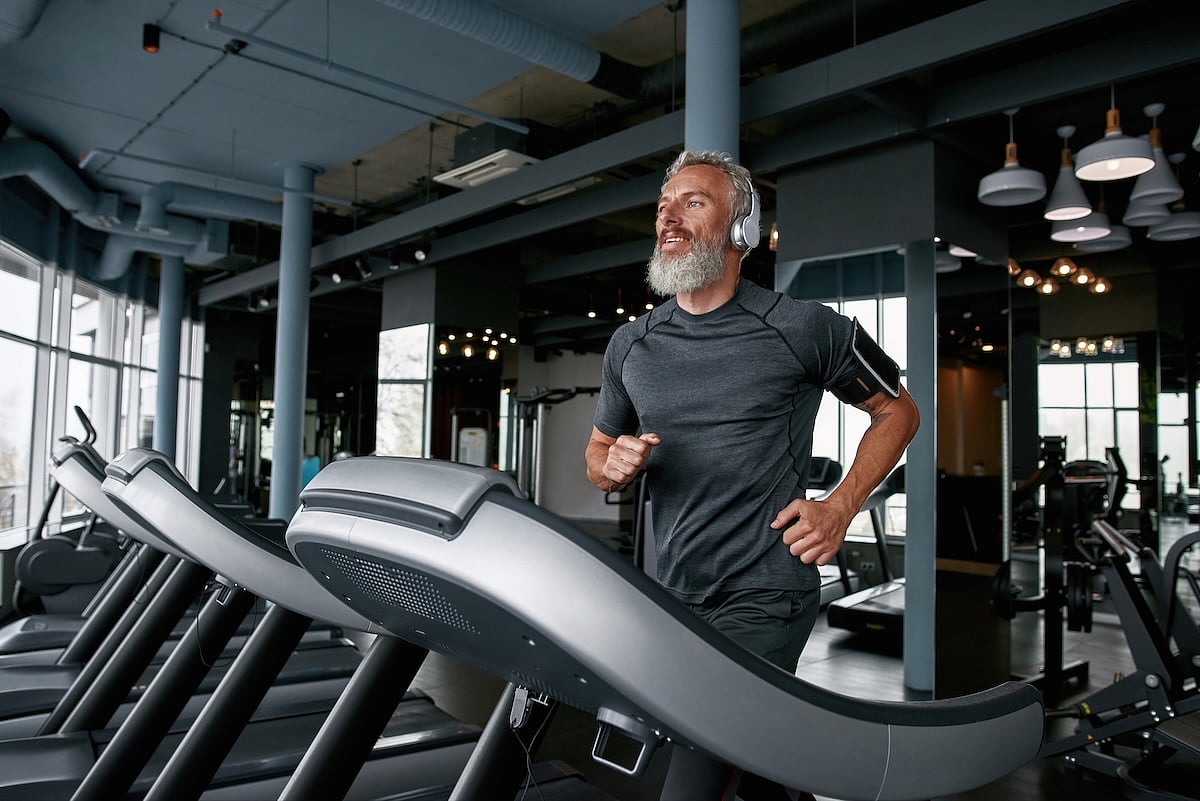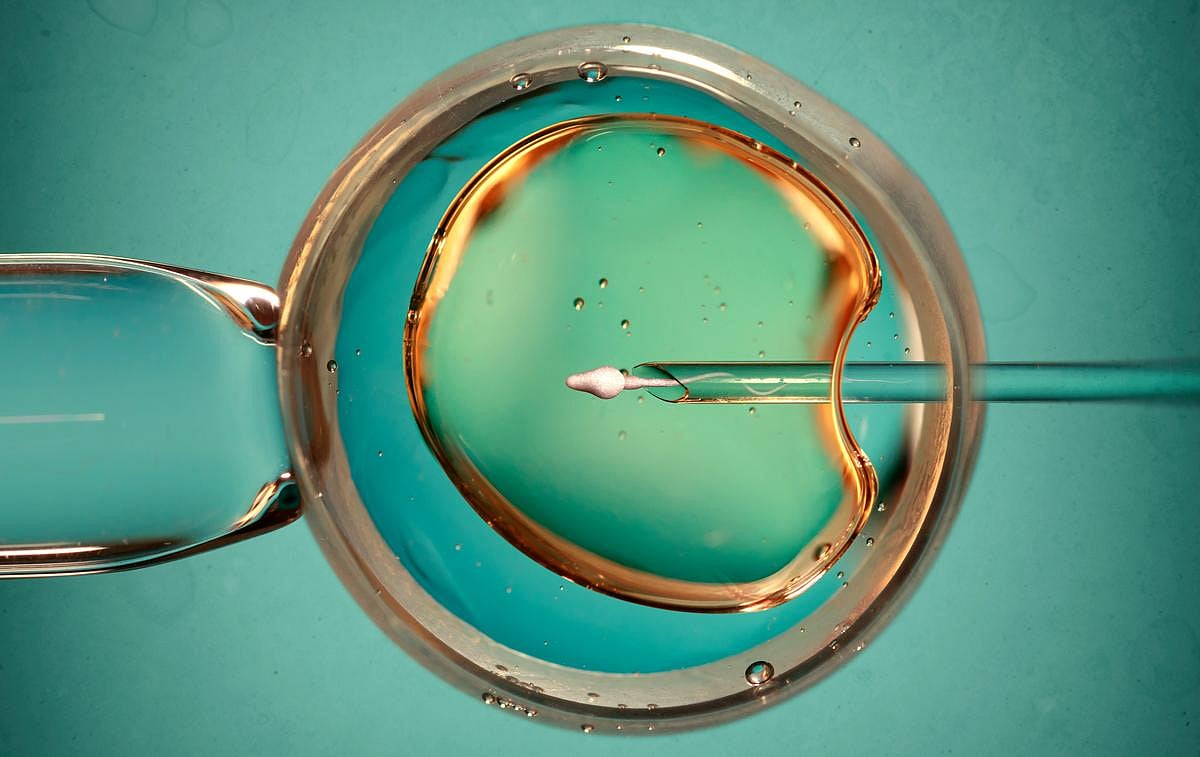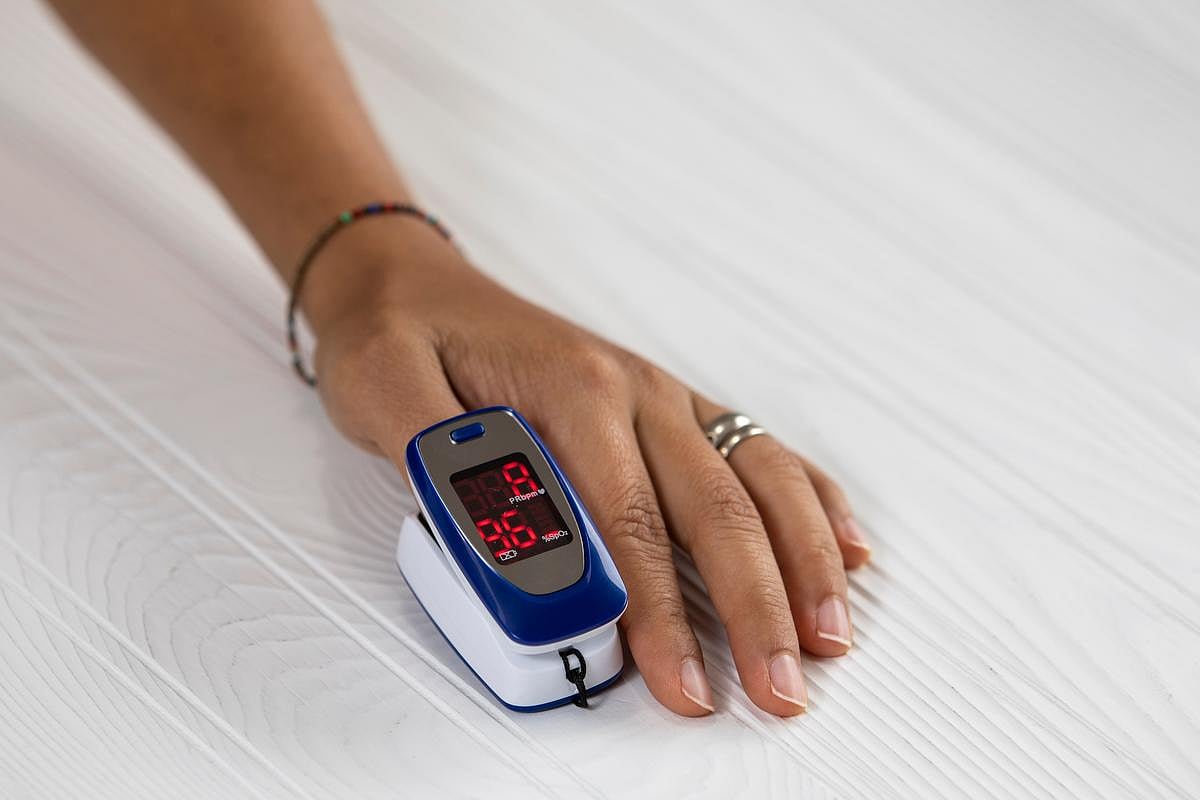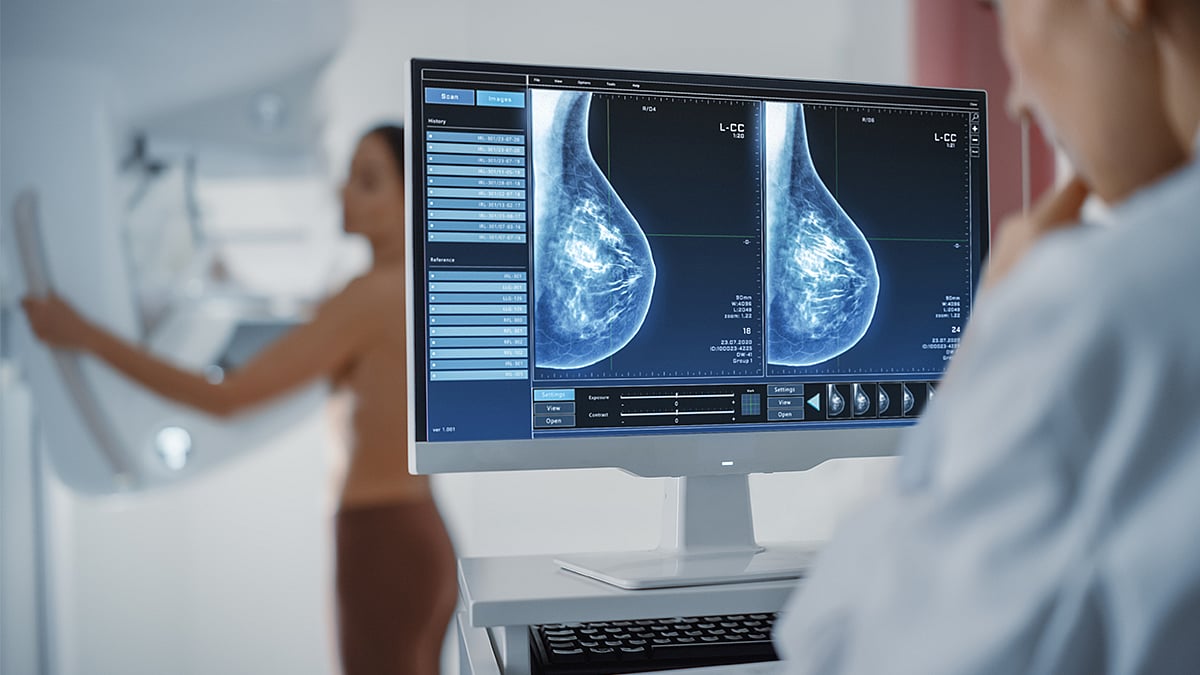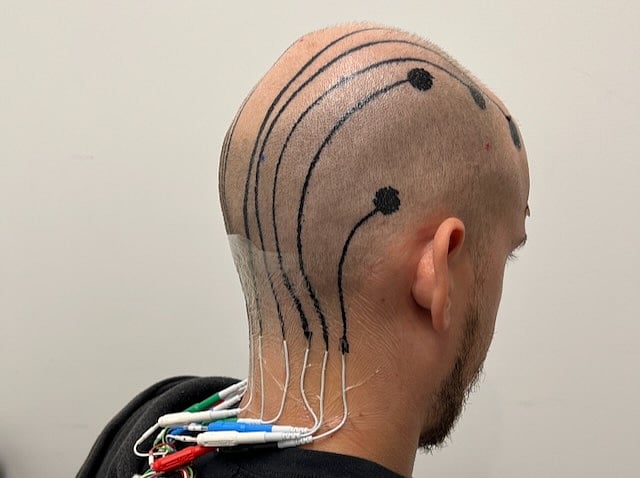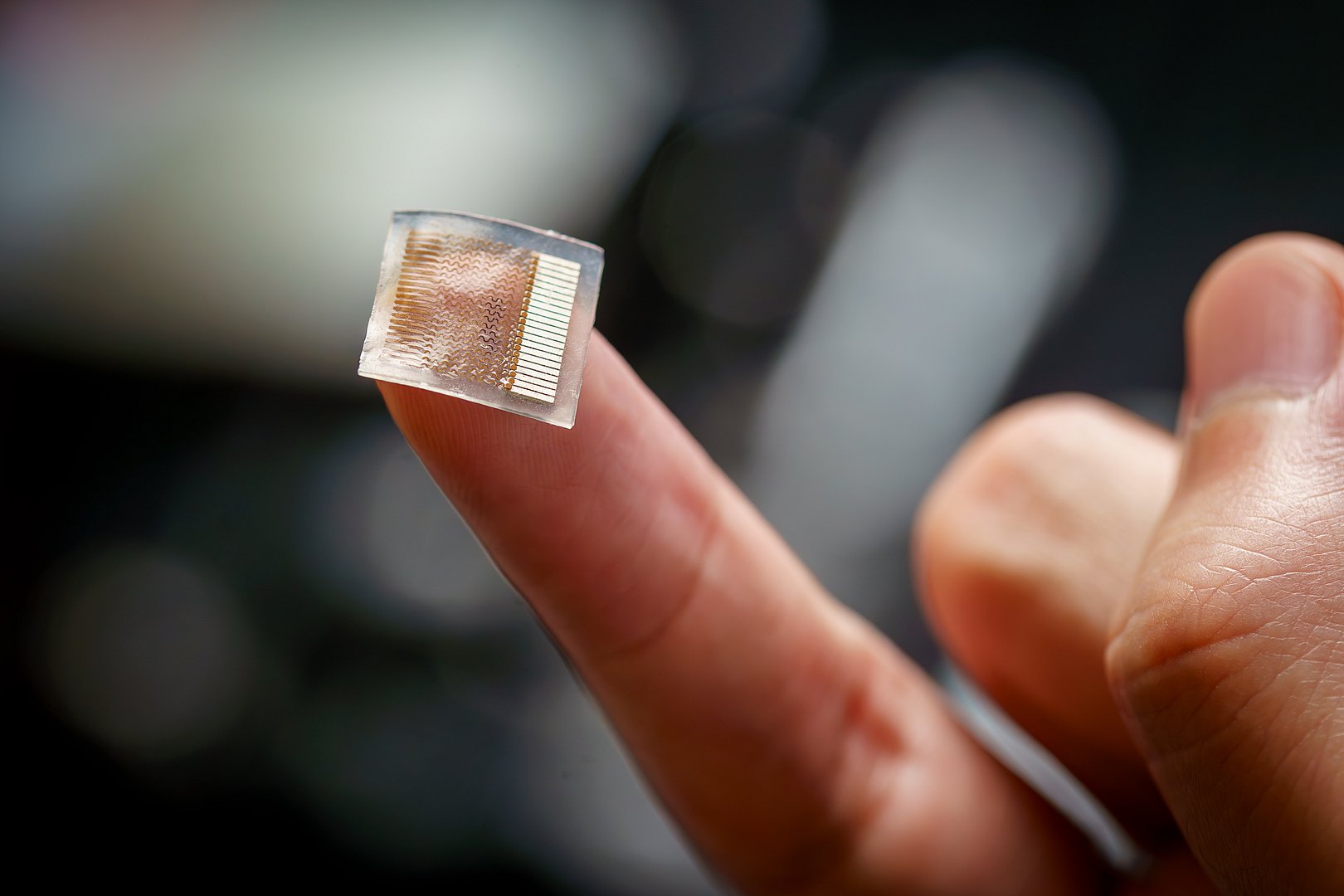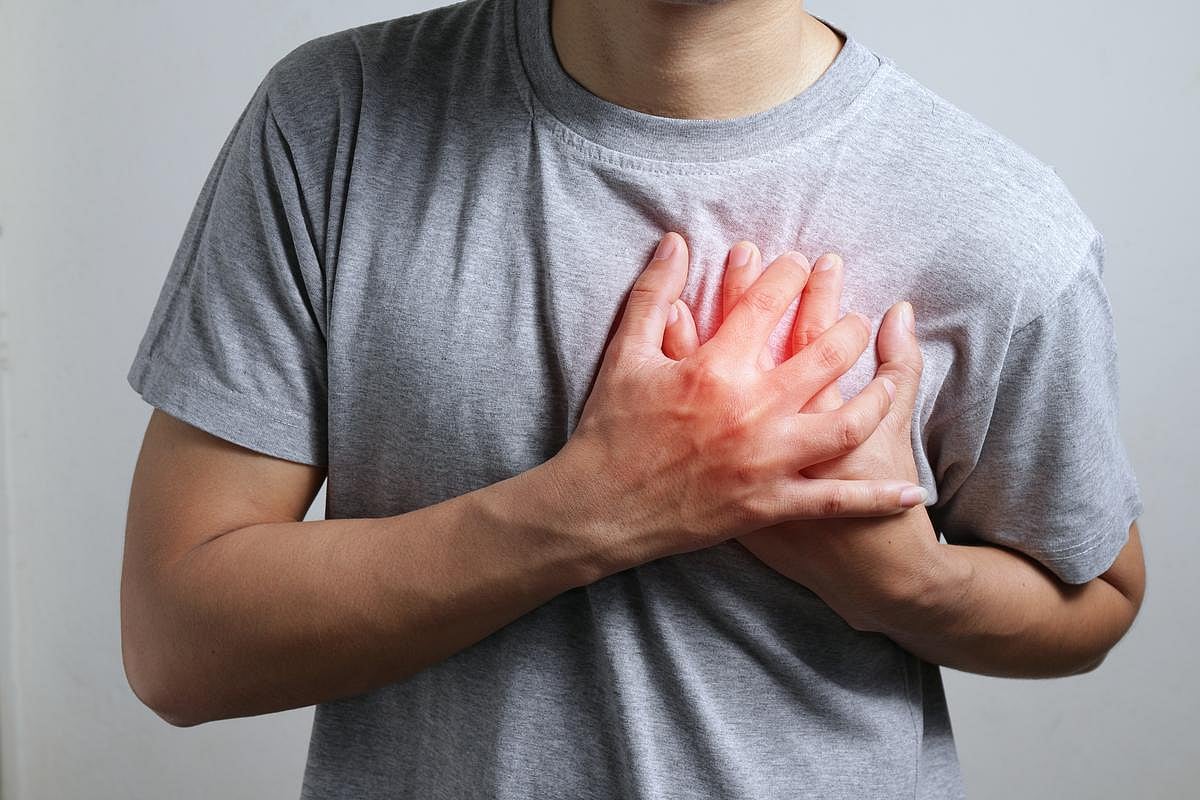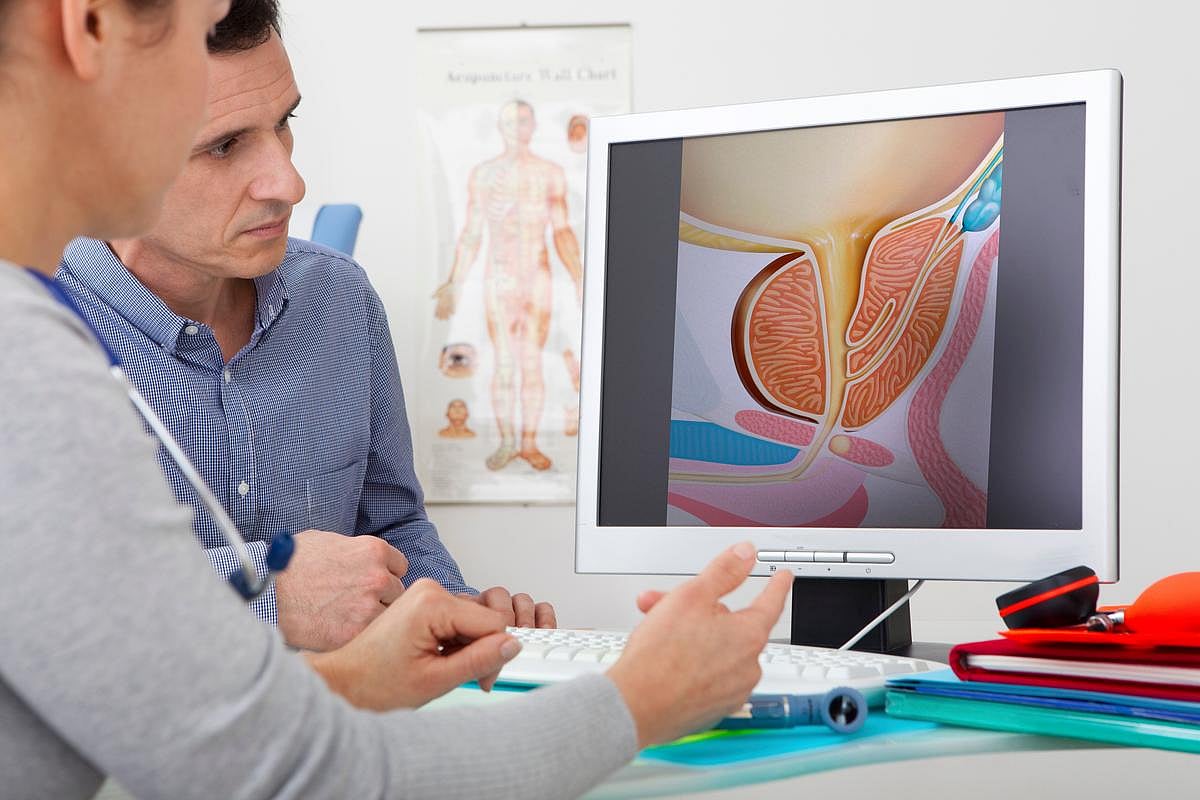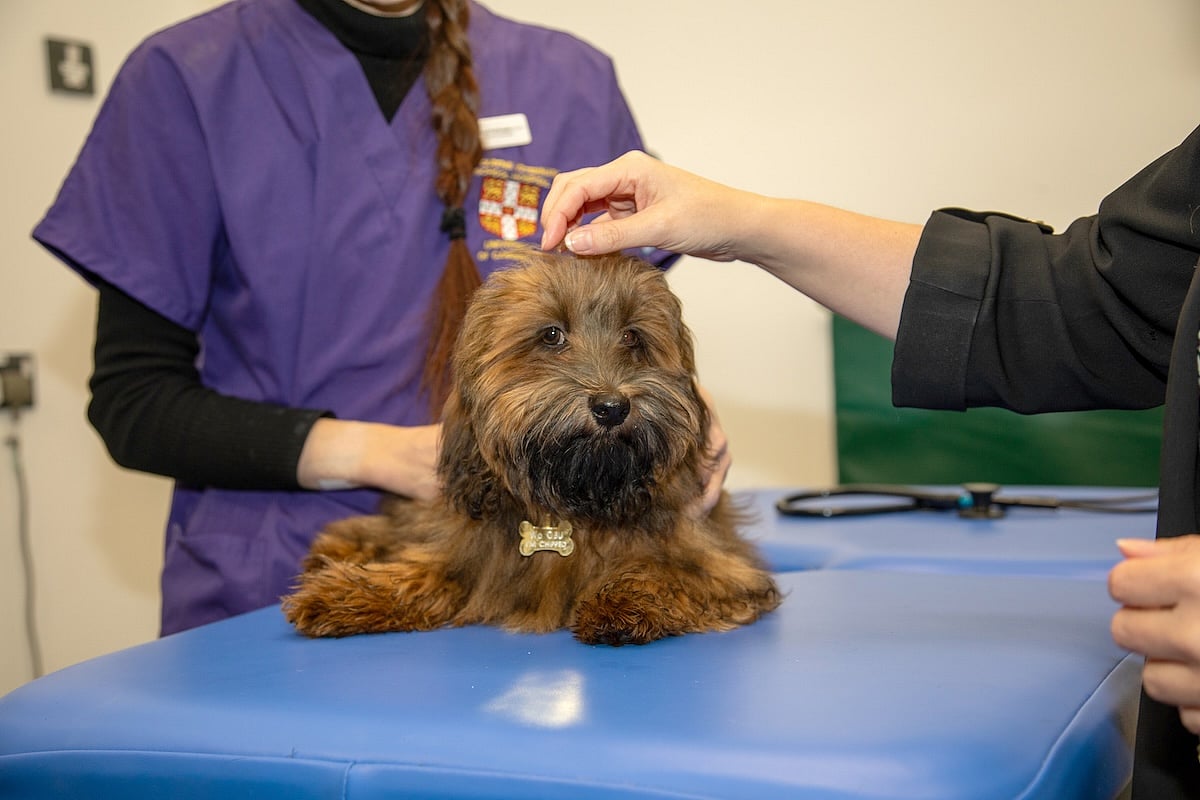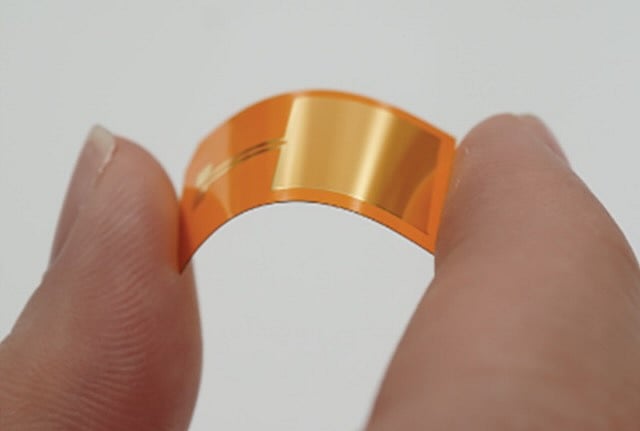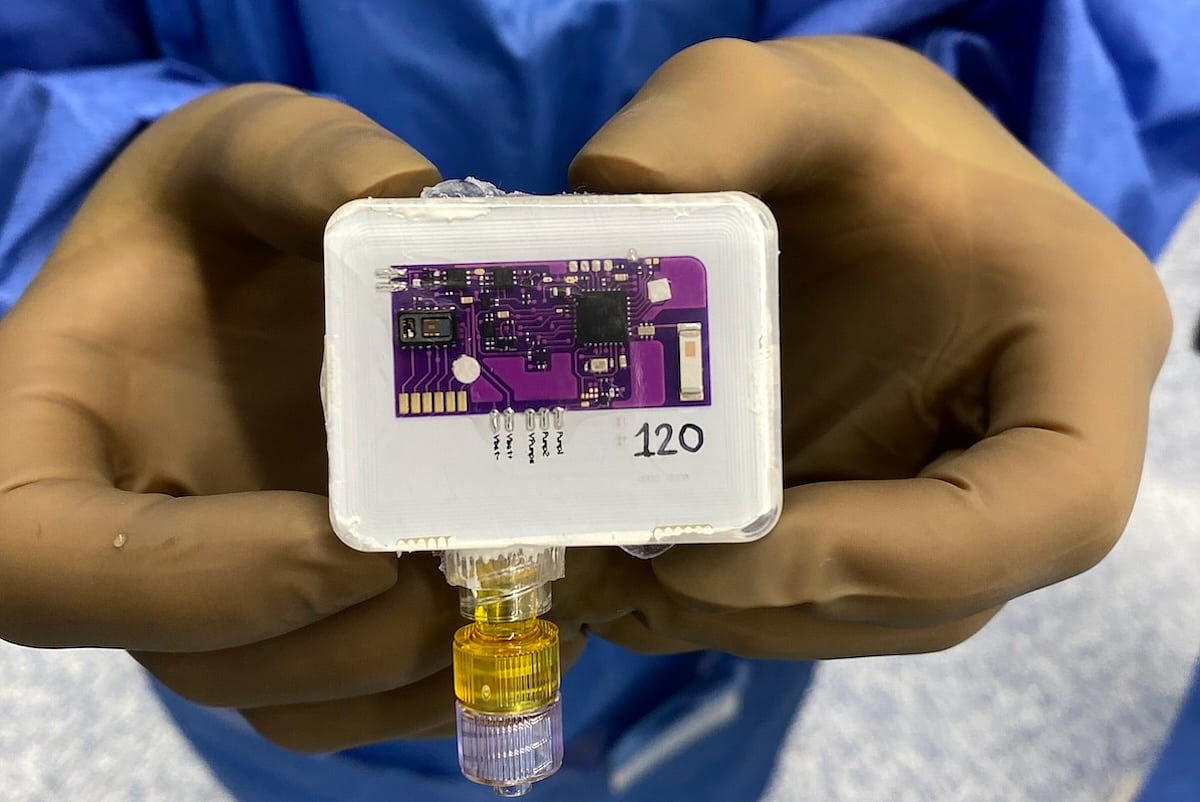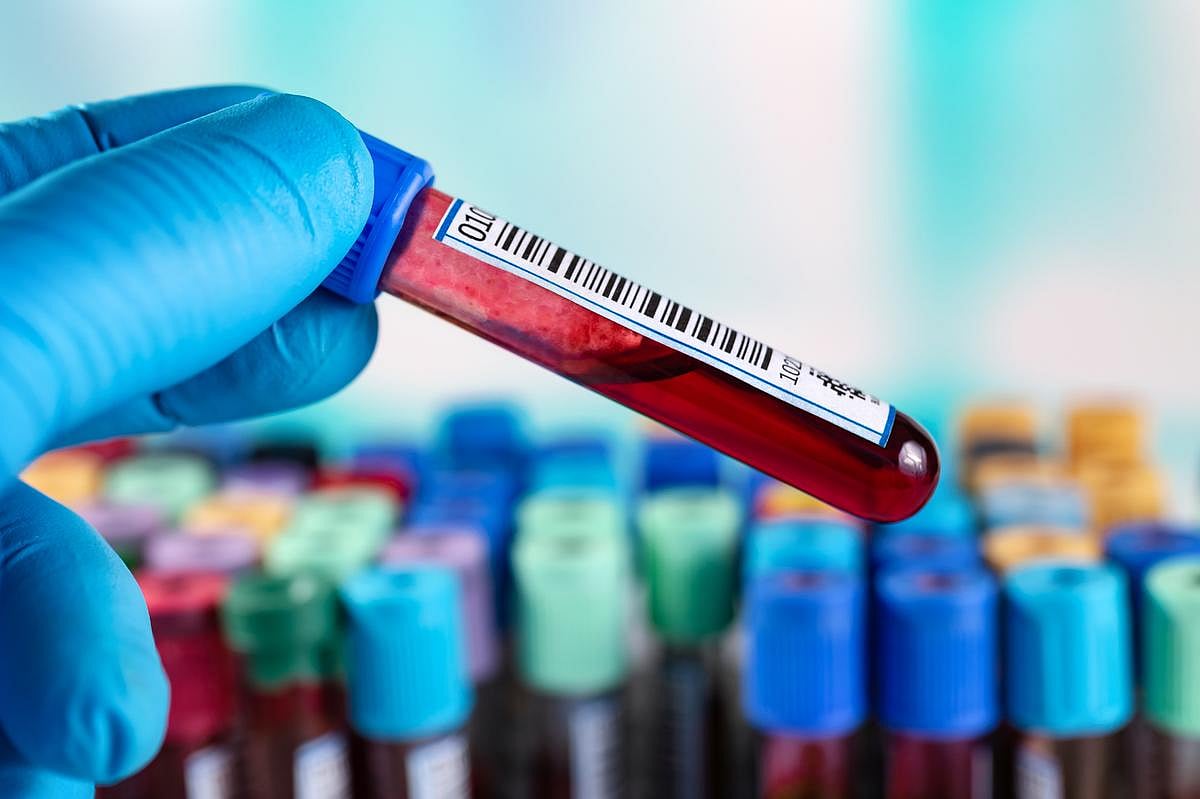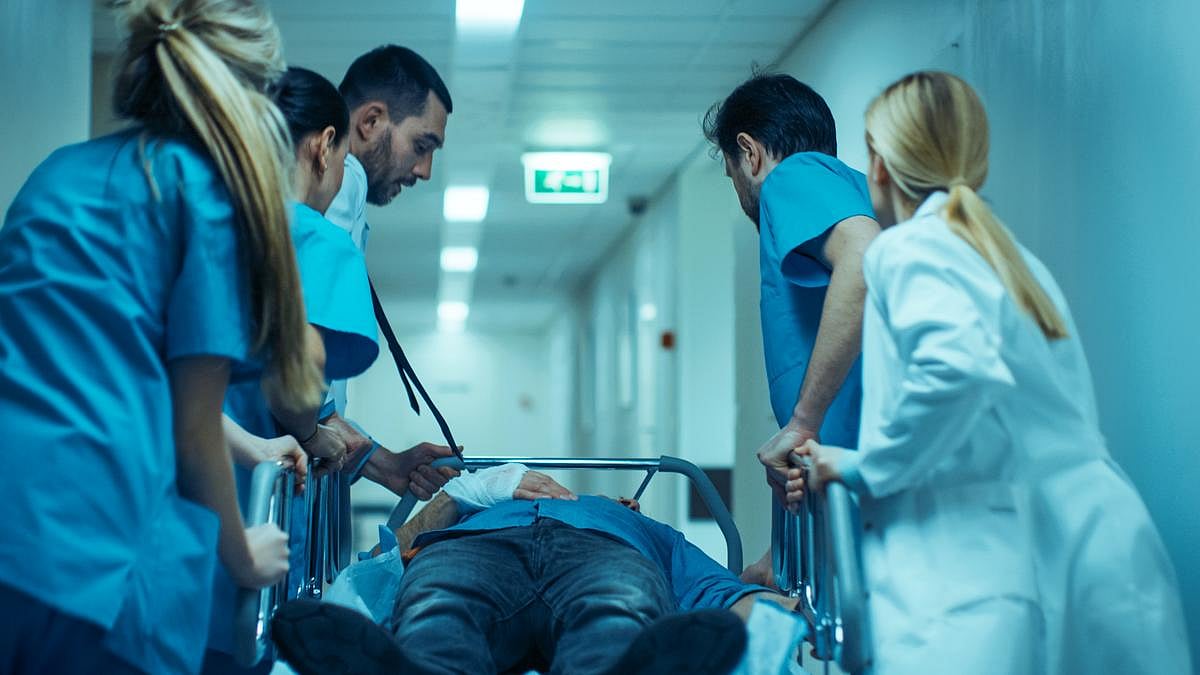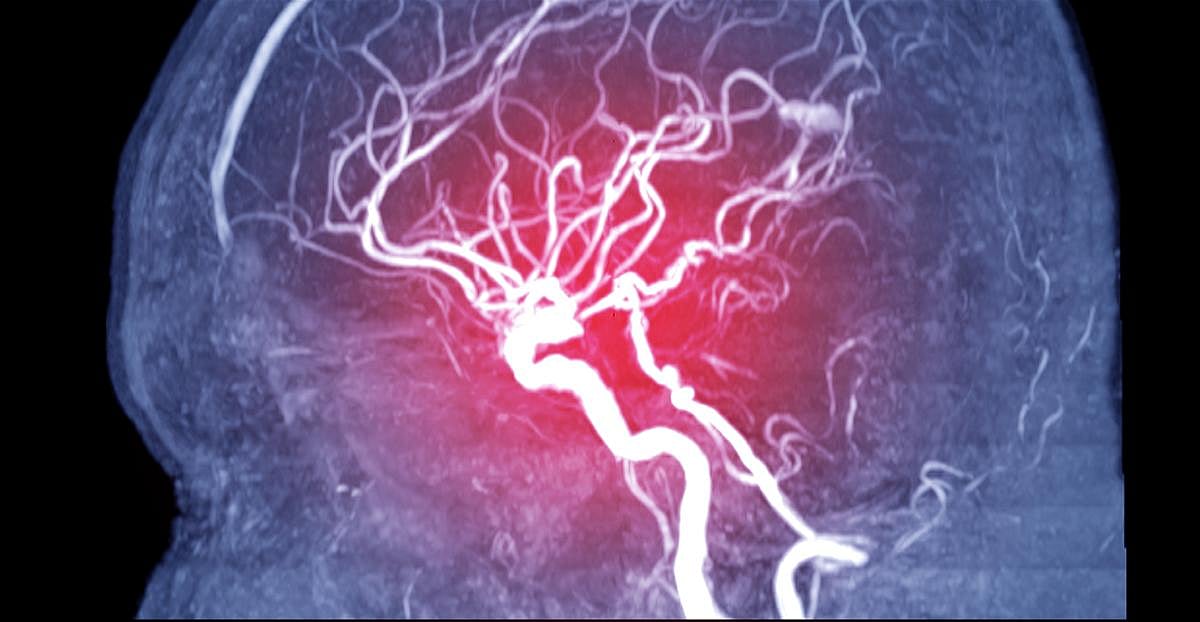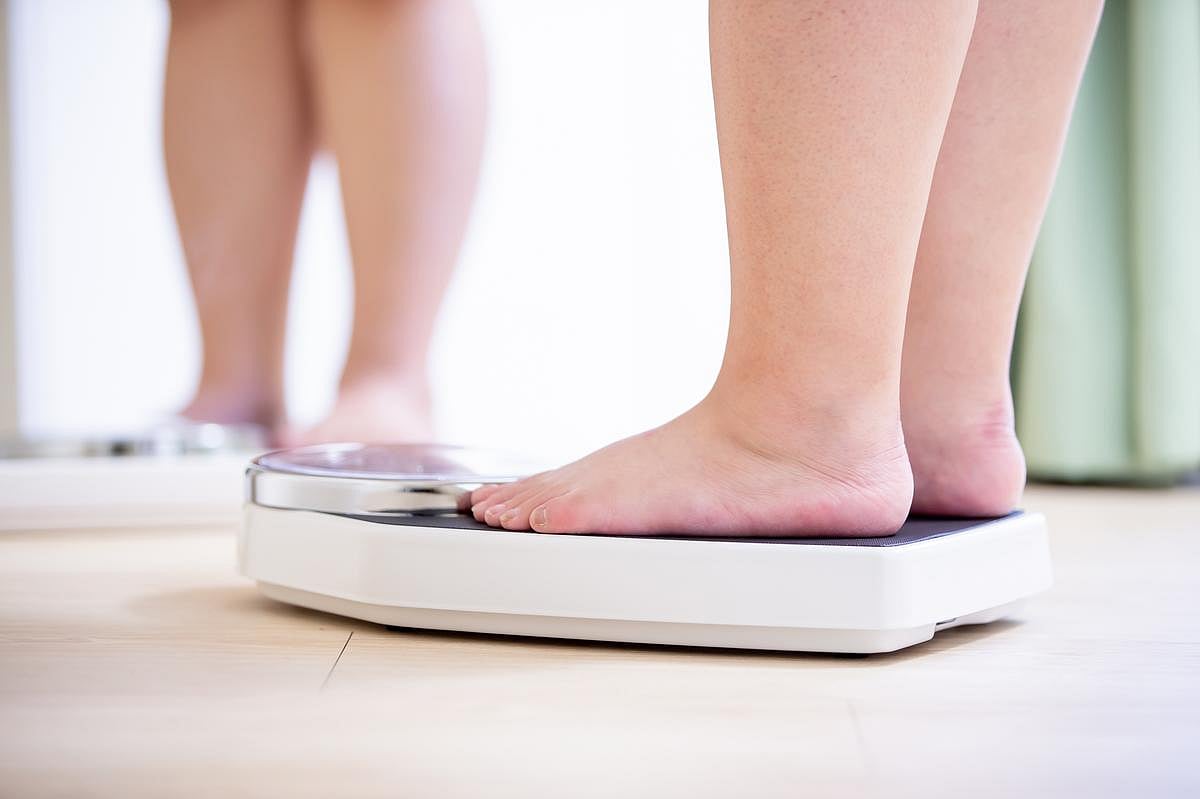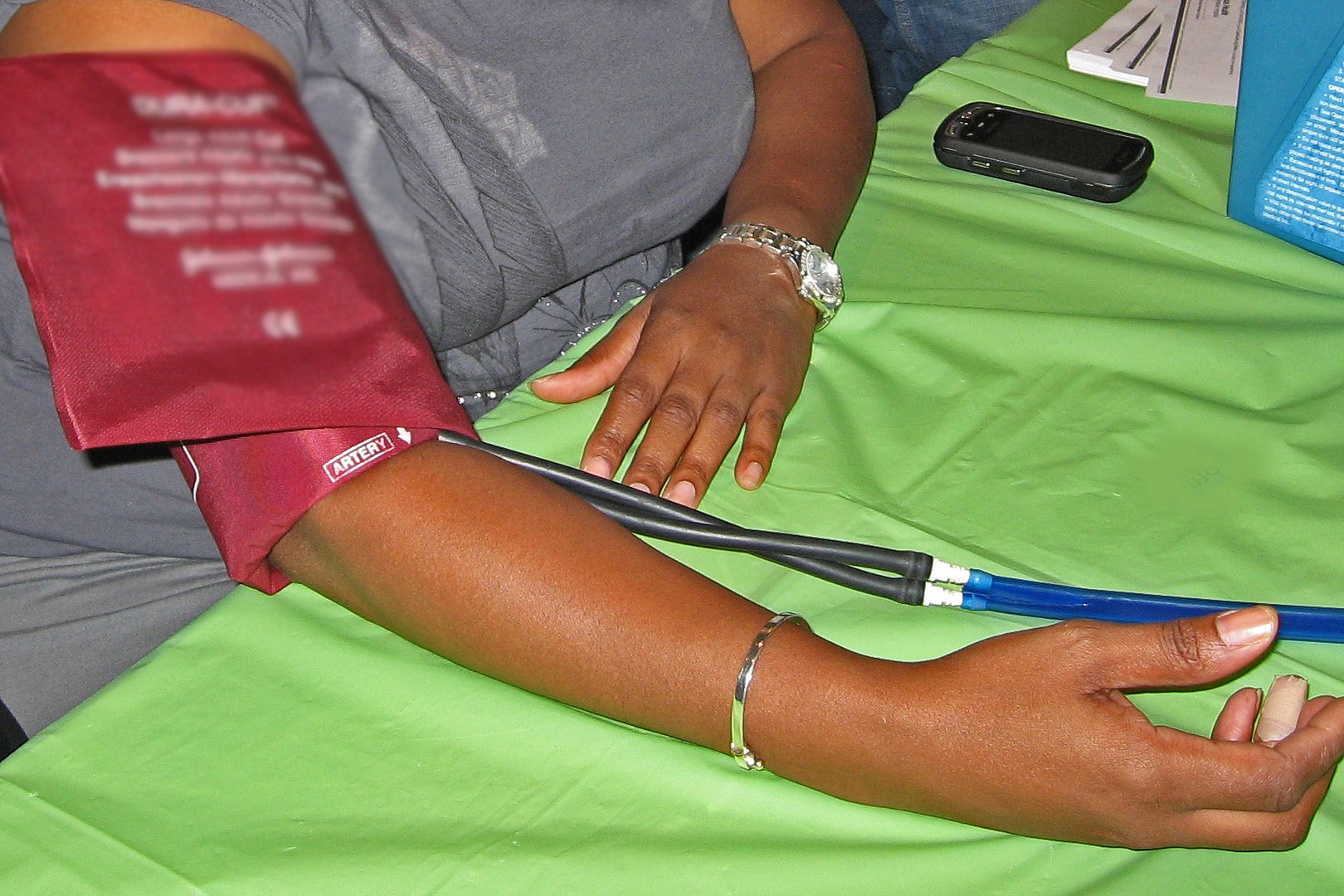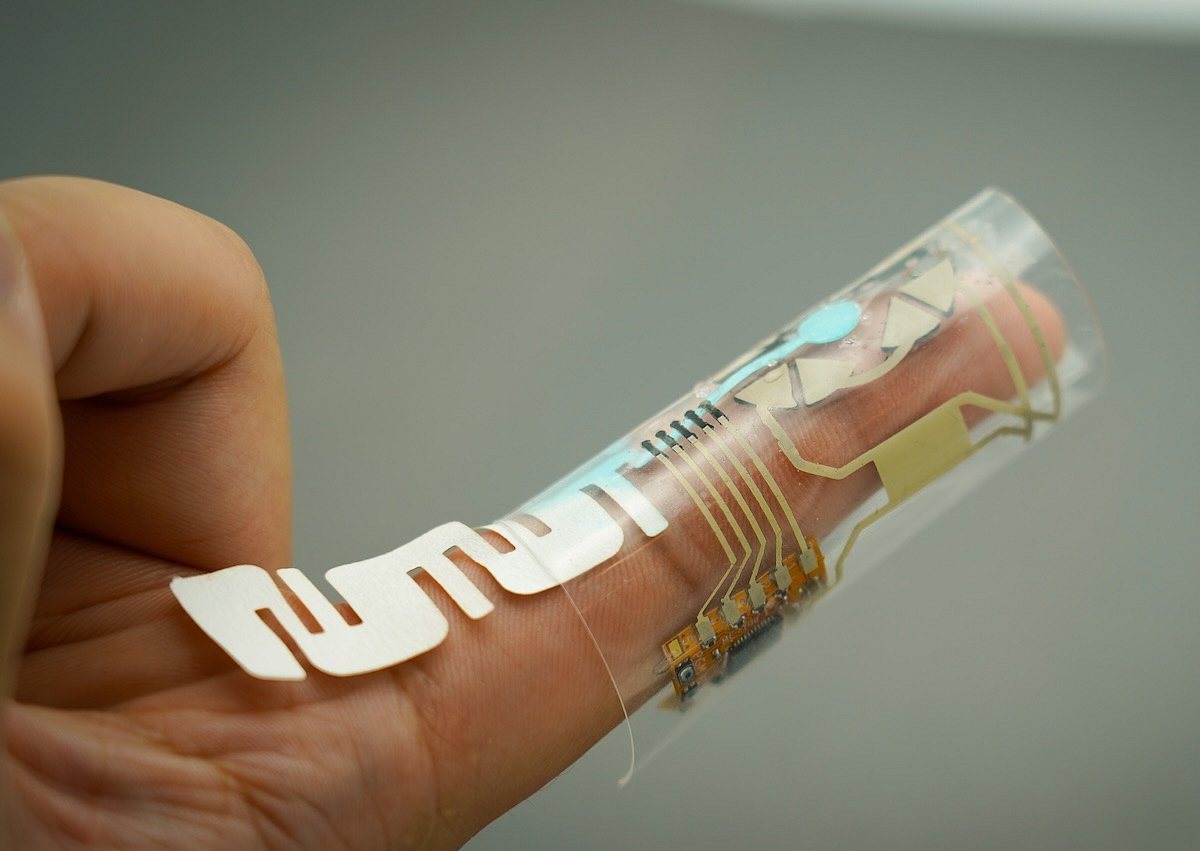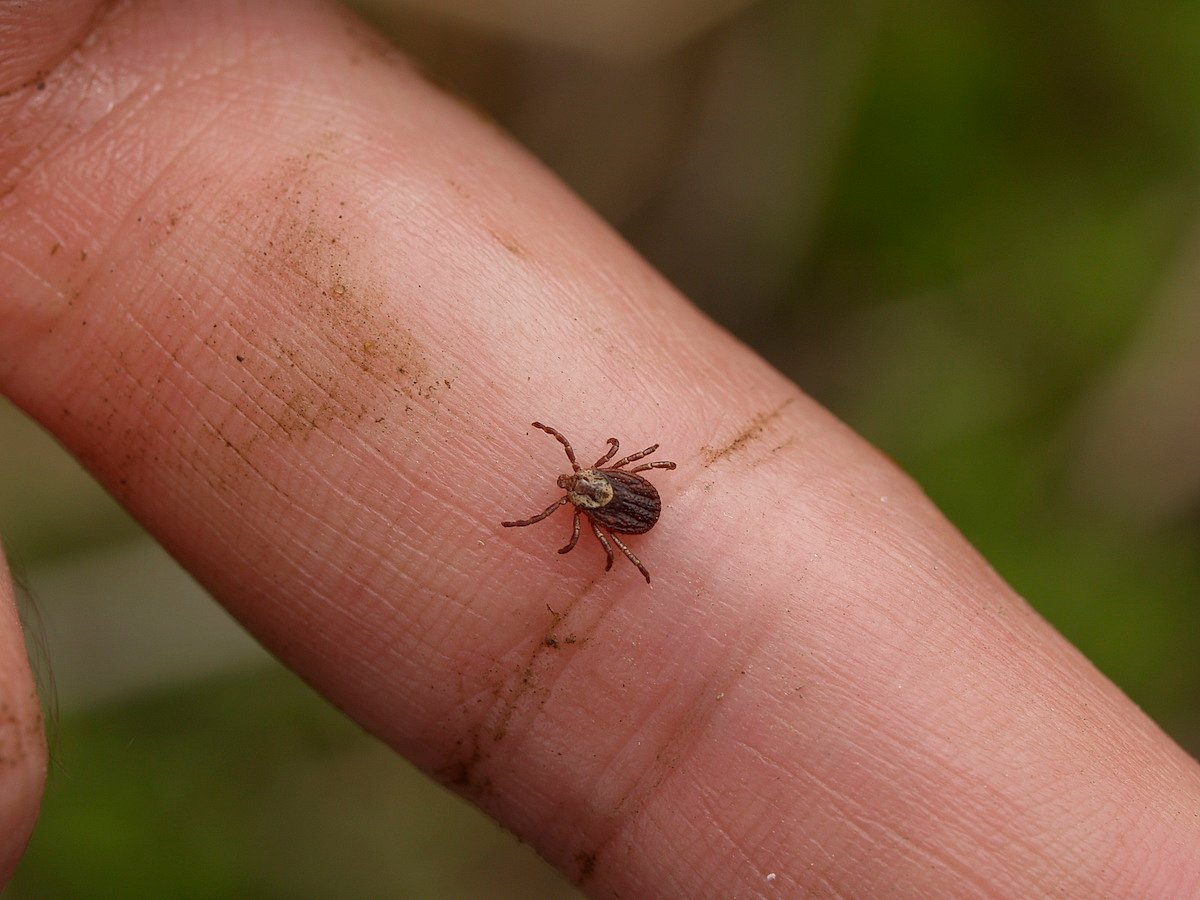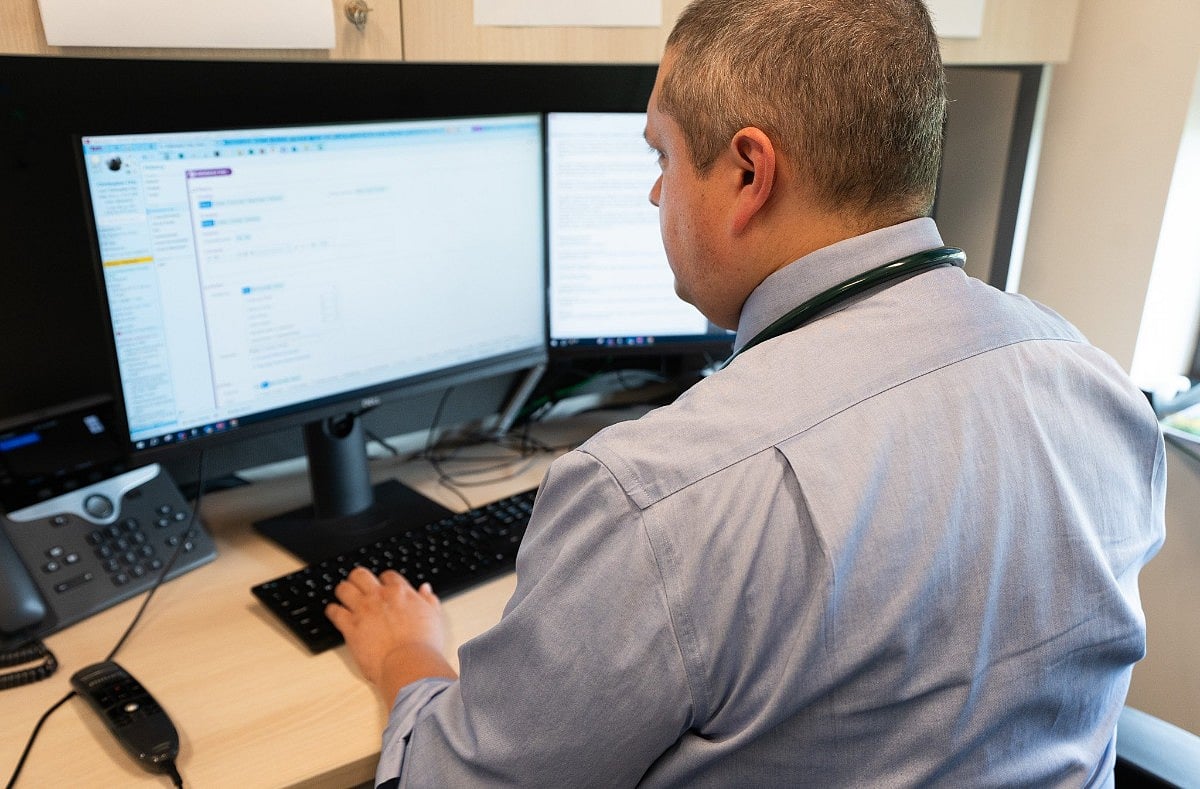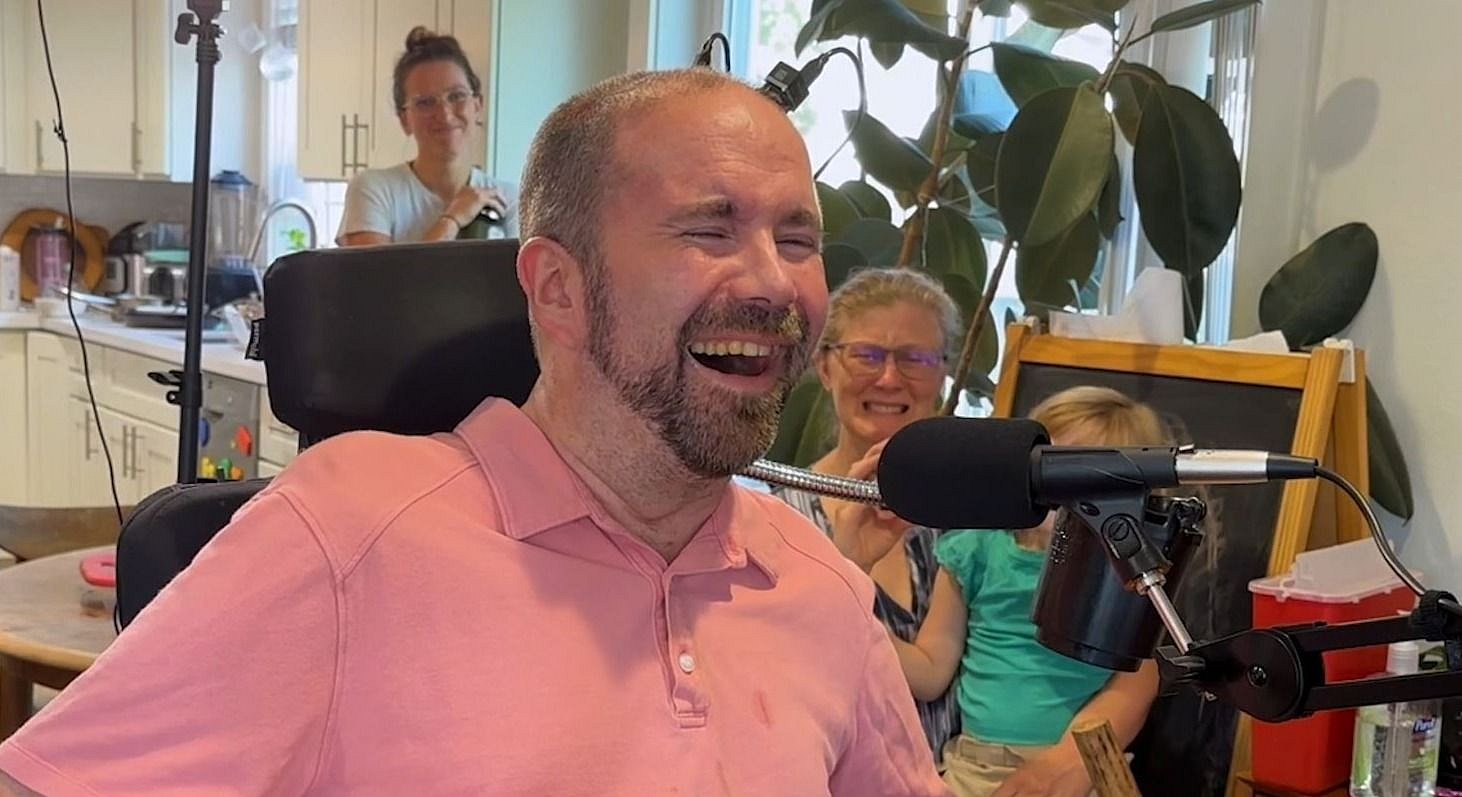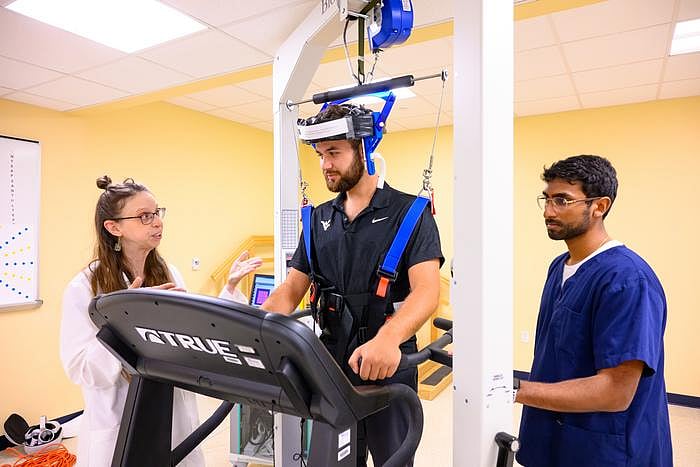Get Healthy!
Results for search "Medical Technology: Misc.".
Health News Results - 183
For a person living with dementia, a hospital stay can be a terrifying whirlwind of strange faces, loud noises and confusing tests.
This disorientation often leads to a condition called delirium, which can slow down recovery and lead to more time spent in medical facilities.
H...
- Deanna Neff HealthDay Reporter
- |
- February 19, 2026
- |
- Full Page
Most everyone’s seen one in a doctor’s office or hospital room — the finger clip device that reads a person’s pulse and blood oxygen levels.
But new research shows these ubiquitous devices appear to give misleading readings for people with darker skin tones, potentially affecting their care.
Pulse oximeters give higher readings for patients with darker skin, ...
- Dennis Thompson HealthDay Reporter
- |
- January 16, 2026
- |
- Full Page
Cars from companies like Tesla already promise hands-free driving, but recent crashes show that today’s self-driving systems can still struggle in risky, fast-changing situations.
Now, researchers say the next safety upgrade may come from an unexpected source: The bra...
- I. Edwards HealthDay Reporter
- |
- December 30, 2025
- |
- Full Page
Parents can better defuse their kids’ temper tantrums with the help of AI-powered smartwatch monitoring, a new study says.
Smartwatch alerts of an impending tantrum helped parents swoop in within seconds, cutting by more than half the duration of outbursts by young children, researchers reported Dec. 15 in JAMA Network O...
- Dennis Thompson HealthDay Reporter
- |
- December 16, 2025
- |
- Full Page
An at-home device that sends a gentle electrical current to the brain to help treat depression has been cleared by the U.S. Food and Drug Administration (FDA).
Experts say the move could expand access to care for many folks.
The prescription headset, made by Sweden-based <...
- I. Edwards HealthDay Reporter
- |
- December 12, 2025
- |
- Full Page
Make way for digital health. Smart watches and health apps aren’t just for fitness enthusiasts and people with access to advanced care — the World Health Organization (WHO) is looking to these and other digital tech devices to enhance health and wellness across the globe.
As the world’s population becomes more and more connected, the WHO has reaffirmed its global strateg...
- Deanna Neff HealthDay Reporter
- |
- December 5, 2025
- |
- Full Page
A new screening tool may help doctors and communities better understand why so many Americans struggle to eat a healthy diet, even when they have enough food.
Researchers at Tufts University’s Food is Medicine Institute in Boston have created and tested a survey called the Nutrition Security Screener (NSS).
Unlike standard food security tools that focus only on whether people ...
- I. Edwards HealthDay Reporter
- |
- November 7, 2025
- |
- Full Page
A new “smart toilet” device aims to help people track their health by analyzing their bathroom trips.
The Dekoda device clamps around the rim of any standard toilet, where it uses advanced sensors to scan a person’s waste, says its manufacturer, Kohler Health.
With this data, folks can monitor their hydration and gut health, as well as signs of potential health pro...
- Dennis Thompson HealthDay Reporter
- |
- November 3, 2025
- |
- Full Page
An experimental wireless patch might help injured athletes better recover from muscle tears, sprains and strains, according to a new study.
The patch measures tissue stiffness by sending sound waves along the surface of the body and listening to the resulting vibrations, researchers said recently in the journal Science Advan...
- Dennis Thompson HealthDay Reporter
- |
- September 18, 2025
- |
- Full Page
ChatGPT is likely to be hit-or-miss when it comes to figuring out symptoms for a particular illness, a new study says.
The AI program has 49% to 61% accuracy when it comes to identifying symptoms associated with specific diseases, researchers reported recently in the journal iScience.
...- HealthDay Reporter
- Dennis Thompson
- |
- August 5, 2025
- |
- Full Page
The U.S. Food and Drug Administration (FDA) says it plans to use artificial intelligence (AI) to help speed the approval of new drugs and medical devices.
That's one of several priorities federal officials detailed June 10 in JAMA.
They said AI could help shorten review times, speeding delivery of treat...
- HealthDay Reporter
- I. Edwards
- |
- June 11, 2025
- |
- Full Page
OpenAI has unveiled a large dataset to help test how well artificial intelligence (AI) models answer health care questions.
Experts call it a major step forward, but they also say more work is needed to ensure safety.
The dataset -- called HealthBench -- is OpenAI's first major independent health care project. It includes 5,000 “realistic health conversations,” eac...
- HealthDay Reporter
- I. Edwards
- |
- May 13, 2025
- |
- Full Page
A “smart shirt” equipped with an electrocardiogram (ECG) can help identify folks who are at higher risk of heart disease, a new study says.
The shirt monitors people’s heart rate recovery after exercise, tracking the time it takes for their heart to return to ...
- HealthDay Reporter
- Dennis Thompson
- |
- April 15, 2025
- |
- Full Page
AI might be able to boost the success rates of in vitro fertilization among hopeful families.
An AI program can help doctors analyze ultrasound scans to determine the best timing for a hormone injection associated with egg collection, researchers write in a new study published Jan. 8 in...
- HealthDay Reporter
- Dennis Thompson
- |
- January 9, 2025
- |
- Full Page
Pulse oximeters -- those tiny devices that measure blood oxygen levels with a quick clip to your finger -- may soon get a major upgrade to ensure they work just as well for people of all skin tones.
The U.S. Food and Drug Administration (FDA) released draft guidelines on Jan. 6 proposing that manufacturers conduct larger, more inclusive studies to ensure these devices, which became essent...
- HealthDay Reporter
- India Edwards
- |
- January 7, 2025
- |
- Full Page
Patients have more access to their own medical test results than ever before, thanks to legislation requiring results be released as soon as they’re available.
But that’s not necessarily a good thing, a new study warns.
Many patients are reading test results in their electronic medical record before their doctor has had a chance to go over them, researchers say in a stud...
- HealthDay Reporter
- Dennis Thompson
- |
- January 7, 2025
- |
- Full Page
Very early-stage breast cancers are notoriously tough to spot via mammograms, but new technology might make detection easier.
According to a new study published recently in the
A new AI can help identify women at higher risk for developing breast cancer by tracking changes in breast tissue, a new study shows.
The AI compares women’s own mammograms over time, looking for early signs of breast cancer that are tough to see even...
- HealthDay Reporter
- |
- December 6, 2024
- |
- Full Page
GLP-1 meds are all the rage for weight loss nowadays, but not everyone can safely take the drugs to shed pounds. Invasive weight-loss surgeries can often be a tough sell, too.
Now, researchers at the Massachusetts Institute of Technology (MIT) say they've developed an alternative: A small, implanted gastric balloon that people can inflate or deflate to feel full or not.
Early studi...
- HealthDay Reporter
- Ernie Mundell
- |
- December 3, 2024
- |
- Full Page
Folks soon might have their brain activity scanned using a temporary tattoo, a new study suggests.
This temporary scalp tattoo allowed researchers to track electrical brain activity much more easily than with conventional electrodes, researchers reported Dec. 2 in the journal Cell Biomaterials.
- HealthDay Reporter
- Dennis Thompson
- |
- December 3, 2024
- |
- Full Page
Don't let your surgeon toss your old heart pacemaker out with the trash.
Used pacemakers can be refurbished, researchers report, providing the potential for more people overseas to get the lifesaving devices.
"Unlike in the United States, pacemaker therapy is often not availabl...
- HealthDay Reporter
- Carole Tanzer Miller
- |
- November 28, 2024
- |
- Full Page
A painless nerve-zapping device called Transcutaneous Electrical Nerve Stimulation (TENS) has long been used to ease arthritis, back pain and other ailments.
Now, researchers say TENS might also work to ease the fatigue and pain that can come with long COVID.
&ld...
- HealthDay Reporter
- Ernie Mundell
- |
- November 27, 2024
- |
- Full Page
A wearable patch the size of a postage stamp that can monitor blood pressure continuously could soon help people manage their hypertension.
Researchers at the University of California, San Diego, who developed the wearable ultrasound patch report Nov. 20 in the journal
- HealthDay Reporter
- Carole Tanzer Miller
- |
- November 21, 2024
- |
- Full Page
Recurring angina chest pain in people with a certain type of heart disease can be tough to treat, but a new hourglass-shaped stent could be a real advance, researchers report.
People with what's known as microvascular disease -- impeded blood flow in tiny blood vessels within the heart -- improve...
- HealthDay Reporter
- Ernie Mundell
- |
- November 11, 2024
- |
- Full Page
Artificial intelligence might be able to help doctors detect the prostate cancers most likely to be life-threatening to men, a new study suggests.
An AI program successfully identified and outlined 85% of the most aggressive prostate tumors seen on MRI scans of more than 700 patie...
- HealthDay Reporter
- Dennis Thompson
- |
- October 29, 2024
- |
- Full Page
Artificial intelligence can accurately detect heart murmurs in dogs, a new study finds.
The AI program detects heart murmurs in canines with 90% accuracy, similar to the accuracy of expert cardiologists, researchers report.
And in more than half the cases tested, the AI completely agreed with a cardiologist’s assessment of the murmur’s seriousness.
These heart murm...
- HealthDay Reporter
- Dennis Thompson
- |
- October 29, 2024
- |
- Full Page
An experimental electric bandage might help doctors stop bacterial infections without using any drugs, a new study suggests.
Imperceptible low-level electric current applied through a skin patch caused a nearly 10 times reduction in amounts of Staphylococcus epidermidis, a common bacterium found on human skin, researchers reported Oct. 24 in the journal
Naloxone can save a person’s life by reversing a potentially fatal opioid overdose, and is now available as an over-the-counter medication.
Unfortunately, there’s a very significant catch.
A knowledgeable bystander needs to be on hand to deliver the drug, either...
- HealthDay Reporter
- Dennis Thompson
- |
- October 24, 2024
- |
- Full Page
The U.S. Food and Drug Administration announced Tuesday that it has appointed Dr. Michelle Tarver to head its division that oversees medical devices.
The appointment of a new director for the Center for Devices and Ra...
- HealthDay Reporter
- Ernie Mundell
- |
- October 23, 2024
- |
- Full Page
A handheld pinprick blood test could someday deliver results in as little as an hour, a new study shows.
The portable device, which fits in the palm of a hand, uses sound waves to separate a tiny whole blood sample down into microscopic biomarkers, researchers reported Oct. 16 in the journal Science Advances.
...
- HealthDay Reporter
- Dennis Thompson
- |
- October 21, 2024
- |
- Full Page
Microscopic magnetic nanodiscs could provide a much less invasive means of providing deep brain stimulation, a new study says.
The tiny discs – about 250 nanometers across, or 1/500 the width of a human hair – would be injected directly into specific regions of a person’s brain, researchers say.
From there, researchers said, the discs could be activated by applying...
- HealthDay Reporter
- Dennis Thompson
- |
- October 11, 2024
- |
- Full Page
A newly developed soft robotic finger with a sophisticated sense of touch could one day help your doctor perform routine office examinations, a new study suggests.
The finger can take a person’s pulse and detect abnormal lumps, researchers reported Oct. 10 in the journal Cell Reports Phys...
- HealthDay Reporter
- Dennis Thompson
- |
- October 10, 2024
- |
- Full Page
AI isn’t ready to run a hospital’s emergency room just yet, a new study concludes.
ChatGPT likely would ask for unnecessary x-rays and antibiotics for some patients, and admit others who don’t really need hospital treatment, researchers reported Oct. 8 ...
- HealthDay Reporter
- Dennis Thompson
- |
- October 8, 2024
- |
- Full Page
Patients who lose the use of their hands and arms after a stroke or traumatic brain injury could regain some function through deep brain stimulation (DBS), new research demonstrates.
DBS involves surgical placement of electrodes to deliver electrical impulses to areas of the brain regulating specific activity. It is often used to treat control movement problems associated with Parkinson's...
- HealthDay Reporter
- Carole Tanzer Miller
- |
- October 2, 2024
- |
- Full Page
A slow-release form of semaglutide could allow people who use Wegovy or Ozempic to get shots once a month, instead of the weekly injections they now take, a new study demonstrates.
The new formulation encases semaglutide in a hydrogel that slowly releases the drug as the gel dissolves, researchers...
- HealthDay Reporter
- Dennis Thompson
- |
- September 9, 2024
- |
- Full Page
People are encouraged to monitor their blood pressure at home, but many folks will find that household blood-pressure cuffs are literally a bad fit, a new study warns.
For as many as 18 million U.S. adults -- nearly 7% of adults -- at-home blood p...
- HealthDay Reporter
- Dennis Thompson
- |
- September 6, 2024
- |
- Full Page
An AI-enhanced digital stethoscope can help doctors detect a potentially deadly form of heart failure that can occur late in pregnancy, a new clinical trial reports.
The AI-driven stethoscope was 12 times more likely than traditional methods to spot heart pump weakness tied to peripartum cardiomyopathy, an uncommon form of
A wearable heart monitor raises the detection rate of the dangerous irregular heartbeat known as atrial fibrillation (A-fib) by more than 50%, a new study finds.
Unfortunately, there was no increase observed in the number of strokes prevented after folks got the devices, the researchers noted.
A sweat-powered finger wrap could make monitoring a person’s health as easy as wearing a Band-Aid, researchers report.
The electronic wrap measures blood levels of sugar, vitamins, drugs and other substances by analyzing the sweat from a person’s fingertip, researchers reported Sept. 3 in the journal Nature Electronic...
- HealthDay Reporter
- Dennis Thompson
- |
- September 4, 2024
- |
- Full Page
An experimental “smart mask” can check a person’s breath to check their health, researchers report.
Fitted with biosensors, the simple paper mask could be used to track respiratory ailments, kidney disease and a number of other health problems, according to a study published Aug. 29 in the journal Science....
- HealthDay Reporter
- Dennis Thompson
- |
- September 3, 2024
- |
- Full Page
An improved test for Lyme disease could provide accurate results within 20 minutes, researchers report.
The test -- which resembles an AI-guided form of the at-home COVID-19 test -- would be a vast improvement over the current two-part lab test that takes up to two weeks for results, researchers said.
“A lot of folks find out they have Lyme disease well after the point at whic...
- HealthDay Reporter
- Dennis Thompson
- |
- August 28, 2024
- |
- Full Page
Most Americans believe artificial intelligence should be used to improve health care, a new national survey reports.
However, many are still a little queasy over some of the implications of widespread AI use, the
Casey Harrell was losing his ability to speak due to amyotrophic lateral sclerosis (ALS), also known as Lou Gehrig’s disease.
“Not being able to communicate is so frustrating and demoralizing. It is like you are trapped,†said Harrell, 45.
But a new brain-computer interface is allowing Harrell to speak to others once more, with his brain providing the words and a ...
- HealthDay Reporter
- Dennis Thompson
- |
- August 15, 2024
- |
- Full Page
A wearable brain scanner could improve research into Parkinson’s disease, dementia and other debilitating disorders, new research shows.
The brain scanner -- called the Ambulatory Motion-enabling PET (AMPET) -- fits on a person’s head much like a construction worker’s har...
- HealthDay Reporter
- Dennis Thompson
- |
- August 9, 2024
- |
- Full Page
Newly developed battery-powered electric bandages could help wounds heal more quickly, a new study reports.
In animal testing, wounds treated with electric bandages healed 30% faster than wounds treated with conventional bandages, researchers reported Aug. 7 in the journal Science Advances.
The bandages could...
- HealthDay Reporter
- Dennis Thompson
- |
- August 8, 2024
- |
- Full Page
Abbott has warned diabetes patients that some of its continuous blood sugar monitoring systems may need to be replaced because of inaccurate readings.
"Abbott has recently identified a small number of FreeStyle Libre 3 sensors that may provide incorrect high glucose readings, which if undetected may pose a potential health risk for people living with diabetes," the company said in an
- HealthDay Reporter
- Robin Foster
- |
- July 26, 2024
- |
- Full Page
"Smart"prosthetic legs can help amputees achieve a natural walking gait, but it's done through robotic sensors and algorithms that drive the limb forward at predetermined rates.
A better way would be to give people full control over the limb through their nervous system -- and that's just what an MIT research team says it's done.
An experimental surgical procedure combined with a cu...
- HealthDay Reporter
- Dennis Thompson
- |
- July 1, 2024
- |
- Full Page
Scientists have developed microscopic robots capable of swimming through the lungs to deliver chemotherapy directly to lung cancer cells.
In early testing, these microbots extended the average survival time of lab mice with melanoma that had spread to the lungs, according to a report publis...
- HealthDay Reporter
- Dennis Thompson
- |
- June 14, 2024
- |
- Full Page
California skateboarder Jared Hager has become the first person to receive a transparent skull replacement, which allows doctors to better view the function of his brain.
The window has allowed doctors to both monitor his progress and test new and better scanning methods for assessing brain health.
Hager, 39, of Downey, Calif., sustained a traumatic brain injury from a skateboarding...
- HealthDay Reporter
- Dennis Thompson
- |
- May 30, 2024
- |
- Full Page
A "Third Thumb"-- a robotic, prosthetic extra thumb -- is easy to use and can help folks grab and tote more objects, a new study says.
Hundreds of diverse test subjects at a science exhibition were able to figure out the extra thumb quickly and use it to pick up things like pegs and foam objects, researchers reported May 29 in the journal Science Robotics.
"Technology is ch...
- HealthDay Reporter
- Dennis Thompson
- |
- May 30, 2024
- |
- Full Page

.jpg?w=1920&h=1080&mode=crop&crop=focalpoint)
